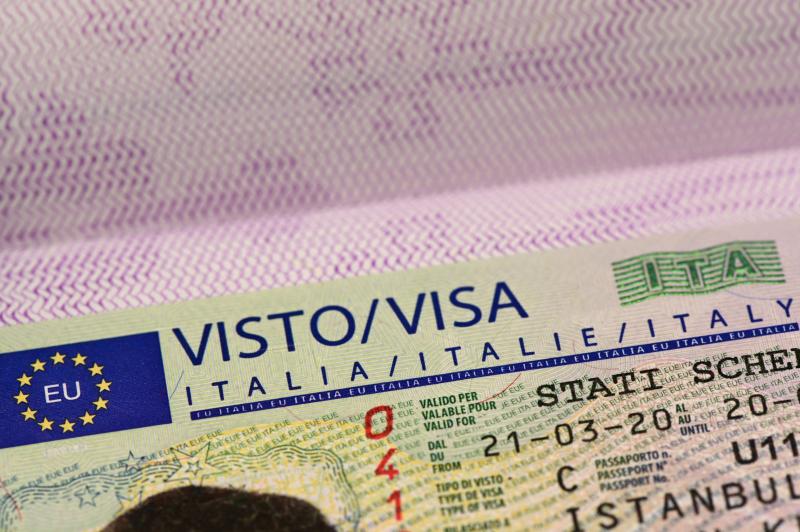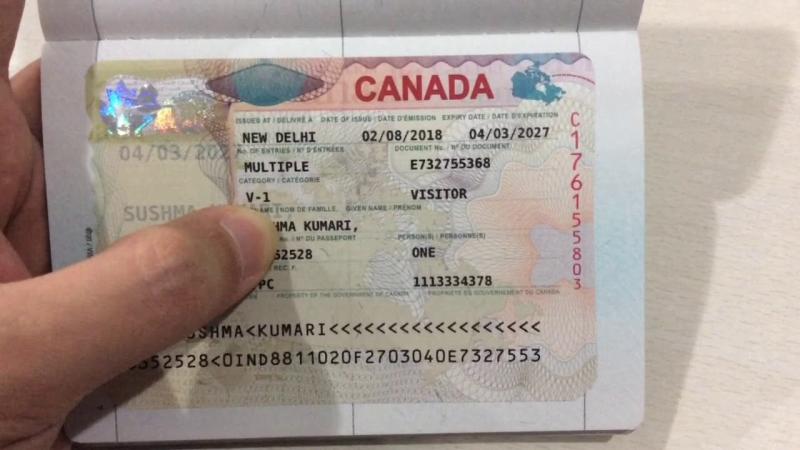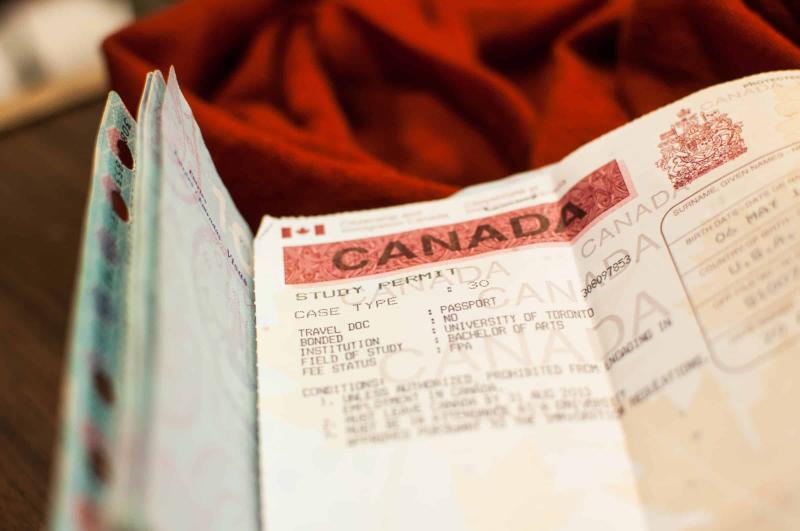One of the most significant errors that an immigration candidate can make is known as misrepresentation. The phrase, hugely self-descriptive, is described when a candidate forwards fake data or documents to Immigration, Refugee, and Citizenship Canada (IRCC) as an aspect of their immigration request.
As part of other deliberations, two of the most crucial things to have in mind concerning misrepresentations include:
- It can occur even if candidates make a harmless error on their application information or forward applicable documents to Immigration, Refugee, and Citizenship Canada.
- It is regarded as a form of forgery, a severe offense that can be sentenced as such.
Table of Contents
How Misrepresentation Takes Place on Immigration Application
Generally, misrepresentation occurs when individuals must correct information on their application forms or forward documents with accurate, unendorsed, or fake information supporting their request. Keeping back applicable details from Immigration, Refugee, and Citizenship Canada (IRCC) in an immigration request can be specified as misrepresentation.
So, any errors, omitting applicable details, or incorrectness in any of the documents below could comprise misrepresentation to IRCC:
- Your request document is often a form starting with the identification code of IMM.
- Your passports and other identification papers.
- Your visas or electronic travel authorizations.
- Your diplomas, programs, ECA, evidence of acceptance or graduation document, or other documents utilized for the same intention.
- Your evidence of job documents such as employment offer letters, training or trade documents, or other papers utilized for the same intention.
- Any applicable birth certificates, marriage, conclusive divorce, annulment, death, or separation.
- Police clearance certificates
- Any other papers accompanying your PR or temporary resident include visit, study, or work visa requests.
Furthermore, any misrepresentation in obtaining accompanying documents, for instance, giving false information concerning job history to get an employment offer in Canada, may be regarded as misrepresentation.
How to Prevent Misrepresentation on Immigration Application
The easiest method to prevent misrepresentation is to cautiously check every piece of information and paper you use to accompany your application. Anything presented to IRCC as an aspect of your application can leave you prospectively liable; therefore, checking all details more often is recommended.
Because of this relative difficulty of immigration applications and the usual huge number and different types of documents and details required, a lot of candidates decide to employ an immigration attorney to adequately safeguard themselves and make sure their application possesses the best prospects of being endorsed.
The Possible Impacts of Being Guilty of Misrepresentation
As cited, misrepresentation is regarded as a kind of forgery. Due to this, if you are guilty of misrepresentation, your immigration request will be denied. Furthermore, based on the seriousness of misrepresentation and the certainty of each case, feasible impacts can have to do with the following:
Should you find this piece engaging, we kindly invite you to explore the wealth of content in our other articles:
- Being banned from coming to Canada for five years.
- Obtaining a permanent record of forgery with IRCC.
- Withdrawal of your status as a PR or citizen of Canada.
- Any sponsors on your immigration request will also be discovered guilty of misrepresentation.
- Being convicted of an offense by IRCC.
- Withdrawal from Canada.
What to do if at Risk or Found Guilty of Committing Misrepresentation
Although misrepresentation can severely impact candidates, there are prospective preventions and cures that candidates can investigate.
Procedural Fairness Letter
Most times, before an official makes a conclusive determination on whether a candidate is responsible for misrepresentation, they will forward the candidate a Procedural Fairness Letter. These include emails or letters sent electronically that immigration officials forward to permit candidates to clarify worries that officials have concerning documents or information about the immigration request.
Although this can be difficult, it is also a chance to erase any errors or miscommunications on the candidate’s side. Immigration candidates must compose a transparent and explicit letter in response, doing their best to explain any incorrectness, errors, or missing data in their application. Several candidates have decided to employ an immigration attorney at this level, as they can assist in sketching the best possible letter to prevent charges of misrepresentation.
Judicial Review
Suppose you have been found responsible for misrepresentation and acknowledge the assertion is unreasonable. In that case, you can also appeal this conclusion to the Federal Court via a procedure described as judicial review. While candidates can represent themselves here, many also decide to employ an immigration attorney at this journey level.
Remember that the Federal Court can not supersede an immigration conclusion with its own, nor can it contemplate the notions of the case. The tribunal can only decide if the misrepresentation charges were plausibly warranted. If the assertion was discovered unreasonable, the Federal Court can change it and make you qualified for Canadian immigration again.
While impacts for misrepresentation can be severe, IRCC’s approaches, particularly section ENF02 s. 9.3 of IRCC’s Enforcement Manual believes that it is required to be identified that harmless mistakes and misconceptions often occur in concluding forms for application and answering queries; reasonableness and justice are to be used in evaluating these cases. Therefore, one well-known defense for candidates in the judicial Review procedures is the harmless error defense. This is when a candidate charged with misrepresentation tries to clarify incorrectness in their application as a harmless error.
Although this can be a successful appeal many times, it is only sometimes successful. The harmless error defense places the obligation of reasonably ascertaining that any misrepresentation in your application was the outcome of a harmless error on the candidate’s part. Candidates must clarify further to the Federal Court why this is the situation.






